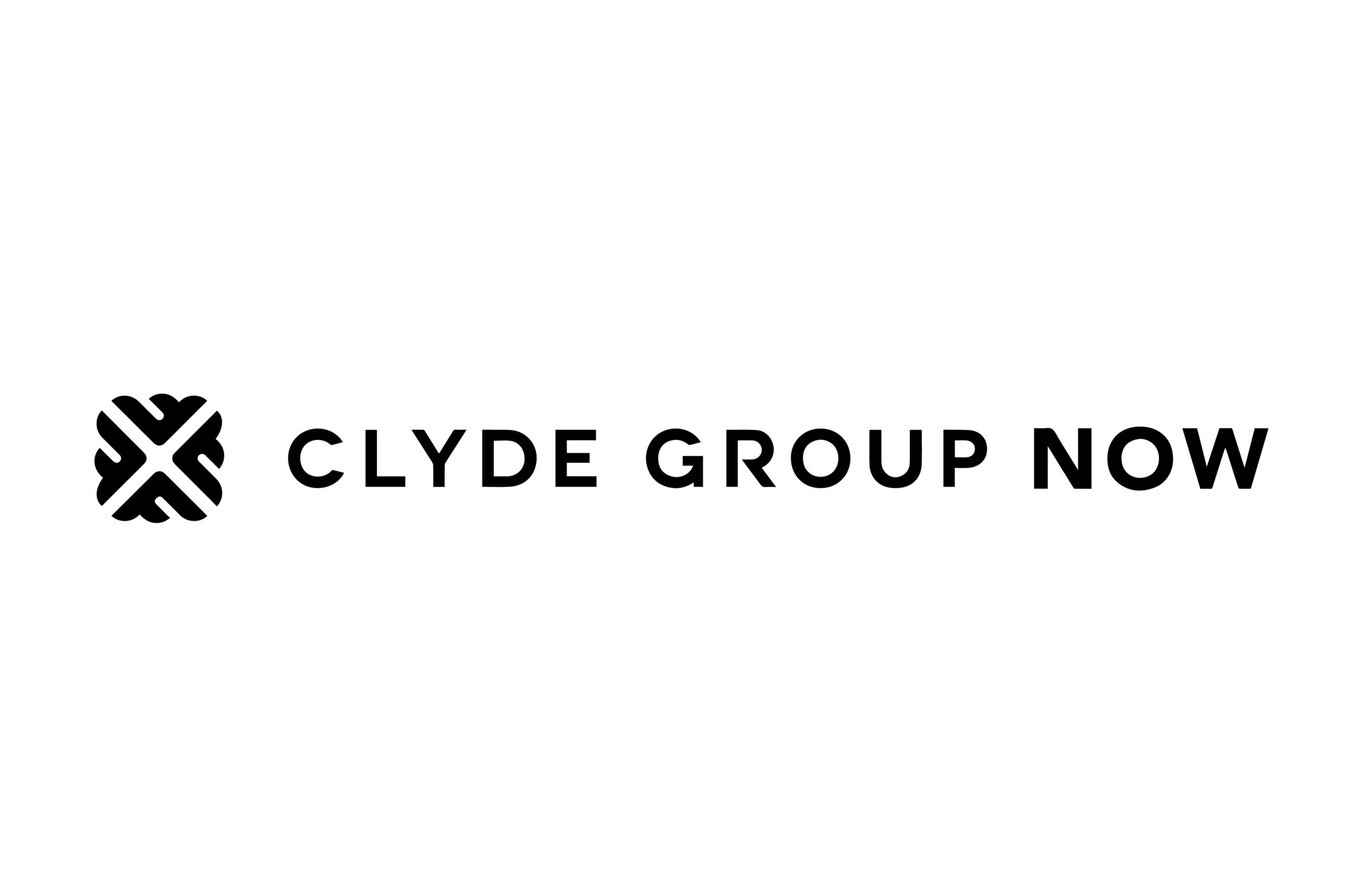Insights
COVID Impact: The Arc of Corporate Communications.

When the history of the COVID-19 pandemic is written, it will likely note corporate America’s response in the early days of the pandemic. Even compared to the outpouring of corporate support after 9/11, this response is farther reaching and, in many cases, faster and more effective than government interventions.
This crisis is a marathon, not a sprint; the public’s expectations of corporations will evolve and grow. As shelter-in-place spread across the country and the economic impact deepens, corporate responsibilities will change. Based on past crises, corporate responses to COVID-19 will likely follow a common arc, with four main phases to the response that we communicators should be attuned to:
Stage 1: Health and Safety.
The first imperative in any corporate crisis is to focus on stakeholders’ health. Corporate America has done this relatively well so far. This started with large tech companies telling their workers to stay home, weeks before other major organizations did the same. Retailers were quick to follow, with stores from Nike to Sephora shuttering to protect customers and employees. These were opportunities for companies to communicate proactive, decisive responses to the crisis. However, for corporations still operating (from hospitals to Amazon), the risks remain significant. Amazon, for example, determined one of its New York facilities was contaminated; the company was criticized for only taking a few hours to clean the warehouse before asking employees to work again and then made matters worse by firing an employee diagnosed with the virus.
Stage 2: Short-Term Stakeholder Support.
Once “life and limb” is secure, companies move to another phase, particularly pertinent amidst the shockwaves of the oncoming recession: protecting and supporting stakeholders. Responsibility here is murkier: beyond safety, how much does a company owe its stakeholders. Most entities have embraced some form of short-term relief: Uber has established a fund for its workers and Costco, Home Depot, and Aldi have all taken a number of steps to keep their employees safe from COVID-19. Beyond those working to protect their employees, there are companies that go beyond their responsibilities to direct stakeholders. Examples range from liquor companies making hand sanitizer to cable companies helping bridge the quarantine digital divide. But some corporate actors are coming up short: McDonald’s allegedly sent internal memos advising against providing sick pay despite potential “black eyes” to their image and, when that memo was leaked to the public, defended it.
Stage 3: The Long Haul.
The good news is that stimulus money is coming for most companies. That’s also the bad news. The 2008/2009 stimulus was rife with corporations taking tax-payer bailouts and using them to execute stock buy-backs or drive up executive pay rather than protect their workers. Twelve years later, the zeitgeist has changed; most companies will not be so flagrant this time. However, the magnitude of this bailout means the microscope is squarely focused on corporate America. The public will turn on those who are tone-deaf in their allocation of financial support from the government and, more broadly, how they behave in a new recession. Their duty to their employees will be scrutinized and held to a higher standard.
Stage 4: Declaring the End.
Just as corporate America closing up shop helped convince the public that COVID-19 was a crisis worth taking seriously, businesses can help declare the crisis is over. I’m not proposing that any for-profit entity overrule public health professionals. But as restrictions are lifted, companies can show leadership in helping America return to normal. Citizens will look to the private sector for cues that they can safely engage in economic activity again. That may look like anything from “shift” work in the service industry to ensure limited exposure, to limited attendance at movie theaters. Businesses have to lead that charge and help us recover.
This isn’t a strict timeline; a second wave of COVID-19 this fall or next year could set companies back to phase one. Each time they experience a setback, the lasting reputational damage worsens. That said, corporate communicators who heed the arc of this crisis will be the most effective in ethically and successfully navigating these unprecedented times.